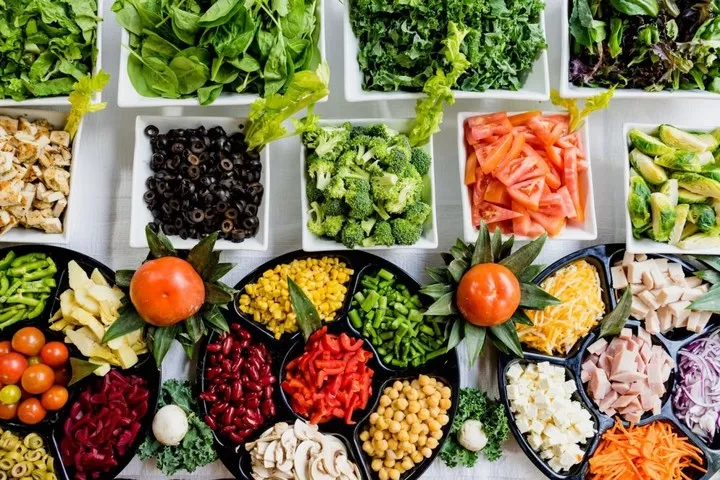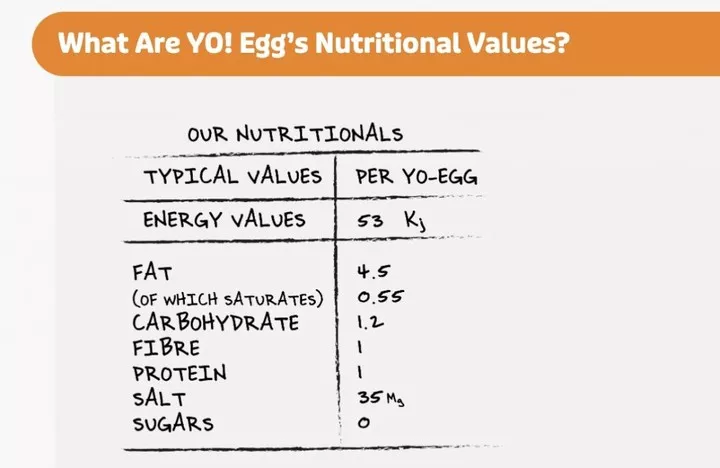
As the saying goes, "food is the key to health". In order to have a balanced nutrition, there are many types of food to be consumed every day, including cereals, potatoes and mixed beans; vegetables and fruits; animal food such as poultry, meat, fish, shrimp and eggs; and dairy, soy and nuts. ...... Each of these is essential.

▲ Image from: Unsplash
Today's material abundance has given people more choices in the types of food they eat. For example, in the meat, egg and milk category, 'plant-based' is gaining popularity. Not only plant-based milks such as soy milk and oat milk, but also a variety of plant-based meat products, even eggs, can be plant-based.

▲ Image from: Unsplash
Egg, an Israeli vegan startup, has created the world's first plant-based fried egg and poached egg, although in appearance they don't look much different from regular eggs cooked with the same egg white and yolk.

▲ Image from: Yo! Egg
But the difference is that these 'plant eggs' are a mixture of plant egg whites, sunflower oil, water, flour and a few simpler ingredients. The egg white is a liquid substance made from a combination of several ingredients, and the yolk portion is shaped using a molecular process that combines proprietary ingredients.

▲ Image from: Yo! Egg
Also, since they are not real eggs, these 'plant eggs' naturally do not contain egg-related pathogens such as salmonella.
Currently, Yo! Egg's 'plant-based eggs' are being served on the menu alongside real egg meals at a breakfast chain in Israel. The company has also reached out to tech companies like Google, as well as some hotels and other food service companies.

▲ Image from: Yo! Egg
In terms of its nutritional value, the Yo-Egg "plant egg" is not the same as, or even slightly less than, a real egg. However, it contains no cholesterol compared to regular eggs, so for some people who need to watch their cholesterol intake, this "plant egg" can somehow be used as a substitute for eggs.

▲ Image from: Yo! Egg
However, studies have shown that moderate intake of regular eggs does not have a significant effect on serum cholesterol levels and the risk of cardiovascular disease. On the contrary, the lecithin contained in them also has the effect of lowering serum cholesterol levels and promoting the absorption of fat-soluble vitamins. Therefore, it seems that the more important place for these 'plant eggs' is the vegetarian table.
There are more and more vegetarians nowadays, and some of them are vegan who do not even consume eggs and egg products. For this group of vegetarians, Yo-Egg is a great addition to the list of ingredients.

▲ Image from: Yo! Egg
It is with these needs that 'plant eggs' are getting huge. That's right, Yo! Egg isn't the only company targeting this market.
Eat Just has introduced JUST Egg plant-based egg mix and JUST Egg plant-based egg slices, but at a much higher price than regular eggs; American company Crafty Counter and Singaporean company OsomeFood have both introduced poached plant-based eggs (which is probably why Yo! Egg, which also has poached plant-based eggs, doesn't mention it in its first product). (which is probably why Yo!)

▲ Photo from: The San Diego Union-Tribune
Yo! Egg wants to be the world's largest and most sustainable producer of eggs without using chickens, while also providing some control over cholesterol, cruelty to animals and changes to the climate.
The reason for this "bold statement" is that there is a real demand for "plant-based eggs" in the market. Even though the market for ordinary eggs is huge, already over $100 billion, there is still room for growth with the emergence of 'plant-based eggs'.

▲ Image from: Unsplash
According to one report, the global 'plant-based egg' market is expected to grow by an average of 27% year-on-year by 2027, with a market value of just under $800 million. But it remains to be seen how much room for growth there really is, as after all, it seems that for most people, regular eggs still 'smell' better.